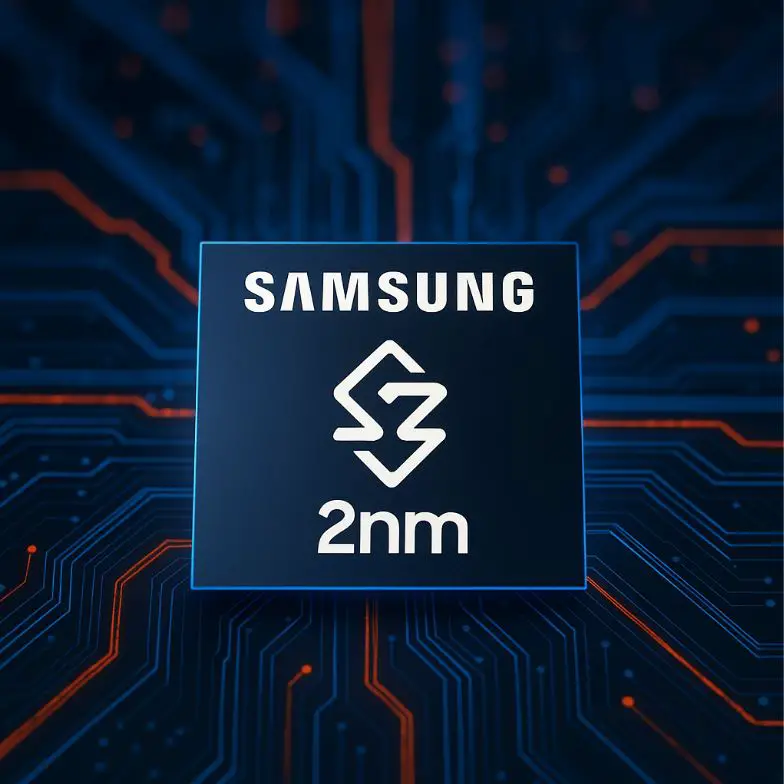
Samsung Electronics appears to be stirring up buzz in the semiconductor world with its upcoming 2nm system-on-chip (SoC). According to recent but questionable rumors, the highly anticipated chipset may not carry the traditional Exynos 2600 name, hinting at a strategic rebrand aimed at revitalizing the company’s competitive edge.
For years, Samsung’s Exynos line has been a cornerstone of its mobile and computing devices. However, recent leaks suggest that the next-generation SoC, developed on a groundbreaking 2nm process node, might take a divergent path in its branding. Insiders claim that instead of the expected Exynos 2600 moniker, Samsung is exploring a new naming strategy—a move that could reflect a broader ambition to reinvent its semiconductor image amid intense market competition.
The rumored rebrand appears to be more than just a cosmetic shift. According to industry analysts, Samsung might be attempting to distance its latest chip from past controversies and performance issues associated with earlier Exynos models. “Rebranding can often signal a new beginning,” noted one semiconductor expert. “It’s a strategic move that not only refreshes the product’s market appeal but also repositions the company as a serious contender against rivals in the advanced node space.”
Although the details remain murky, the prospect of a 2nm SoC is generating significant excitement. The 2nm process is expected to offer improved performance and power efficiency, positioning Samsung to better compete with other global semiconductor giants. Yet, the rumor regarding the potential rebrand remains questionable, with some sources urging caution in taking early reports at face value. Industry watchers highlight that such changes are not uncommon during transitional periods when companies aim to break free from legacy issues.
If confirmed, the new naming convention could mark a turning point for Samsung’s semiconductor division. A rebrand at this juncture may be seen as part of a broader comeback strategy, designed to capture market share and restore investor confidence. With competition intensifying from both established and emerging players in the chip manufacturing arena, Samsung’s decision to potentially abandon the Exynos 2600 label might be a signal of renewed commitment to innovation and quality.
For now, Samsung has not officially commented on these speculations. As the company continues its development of the 2nm SoC, industry observers will be watching closely for any formal announcements. Whether this represents a simple name change or a deeper strategic overhaul, the move could have wide-ranging implications for Samsung’s future in the highly competitive semiconductor market.
This evolving story underscores the dynamic nature of tech branding and innovation. With the potential rebrand on the horizon, all eyes remain on Samsung to see if this gamble will translate into a robust comeback on the global stage.



